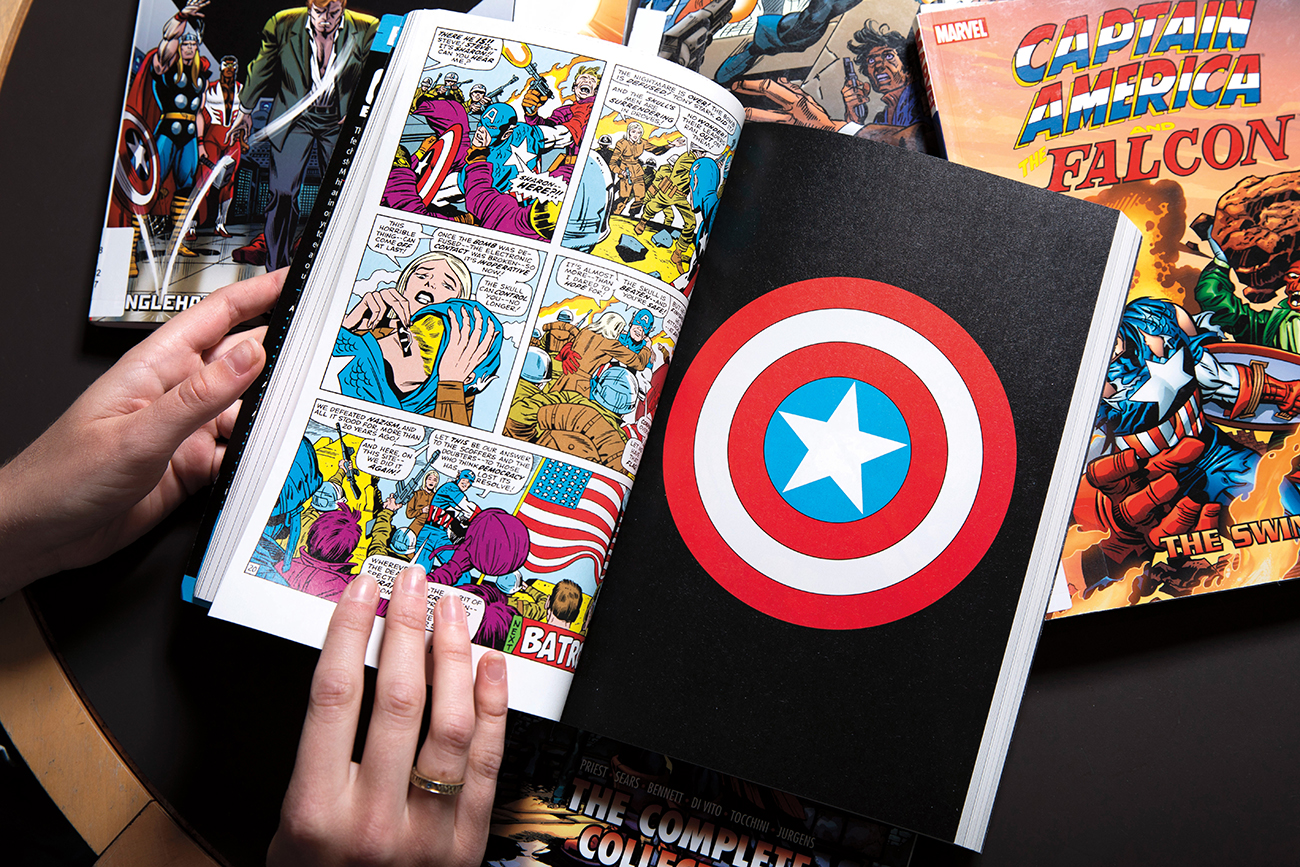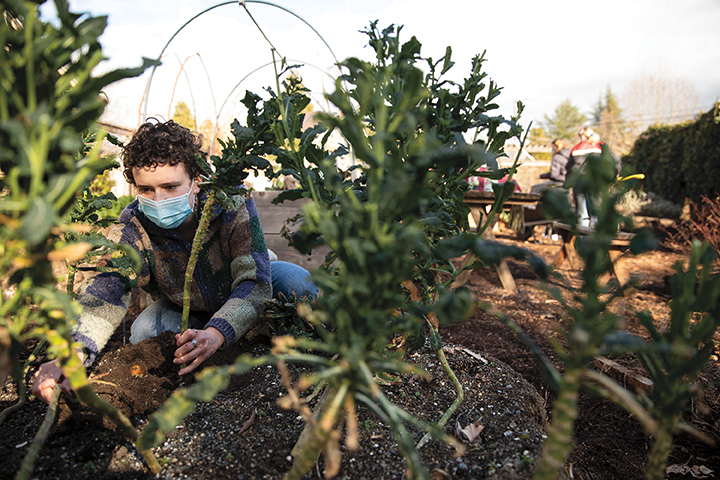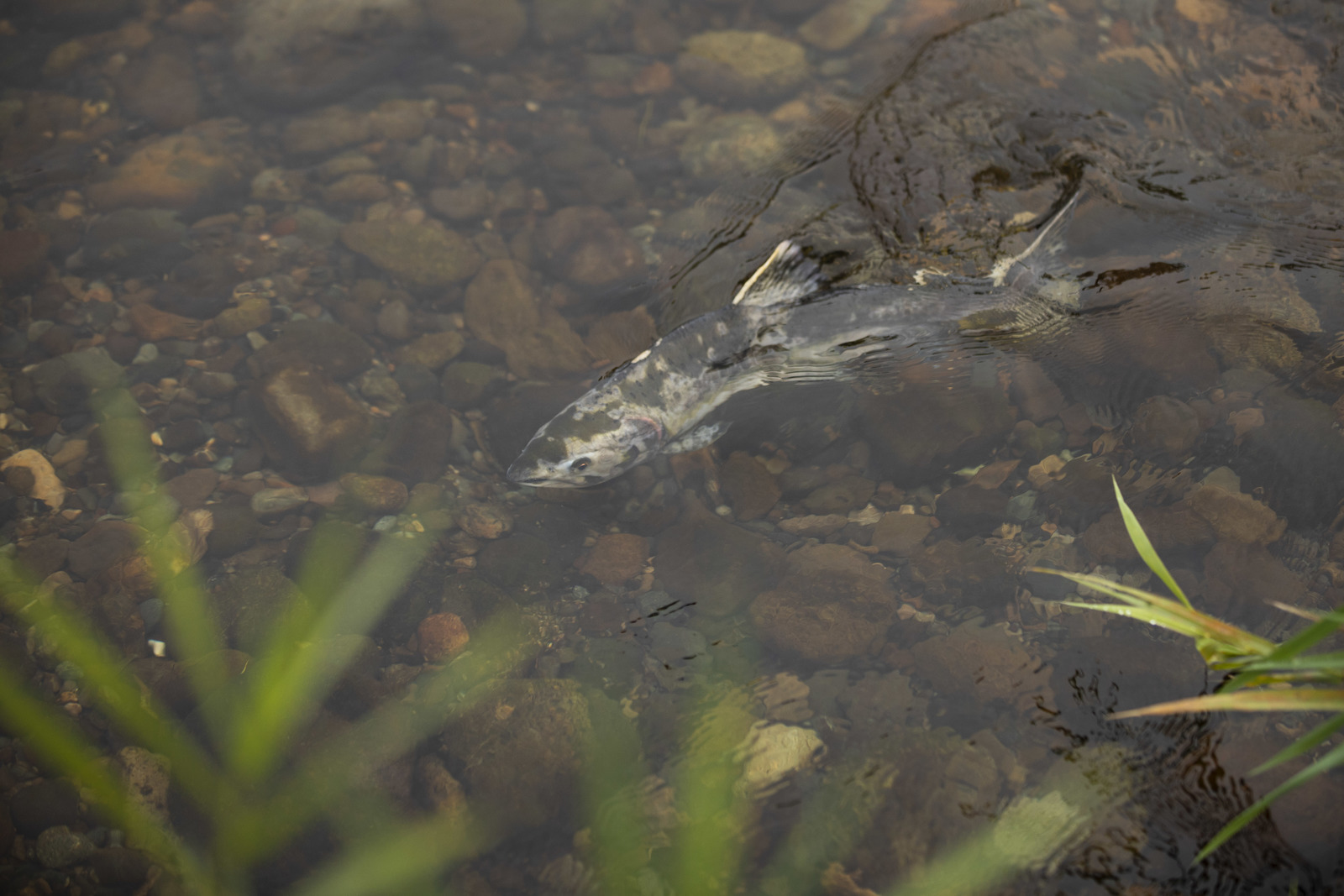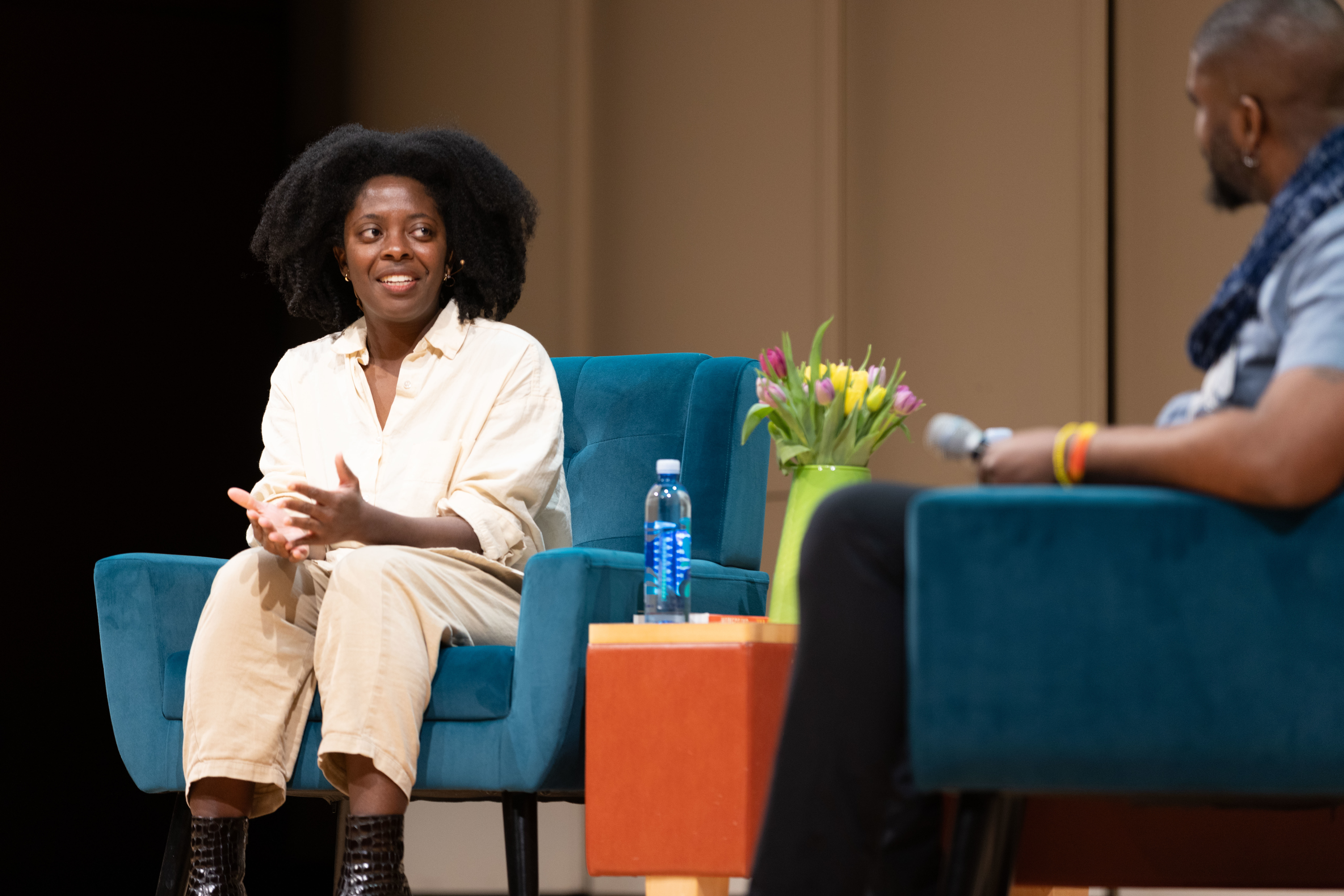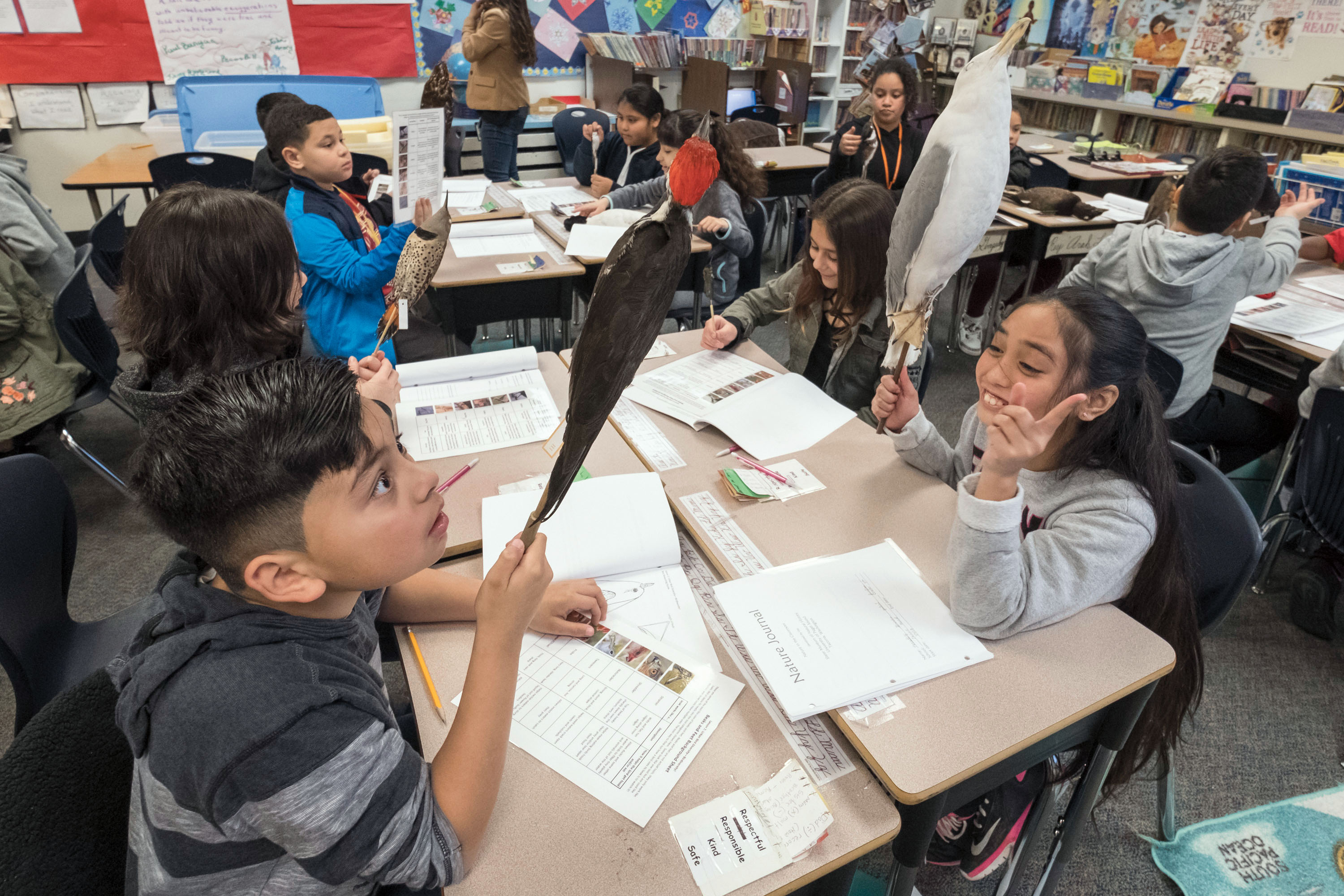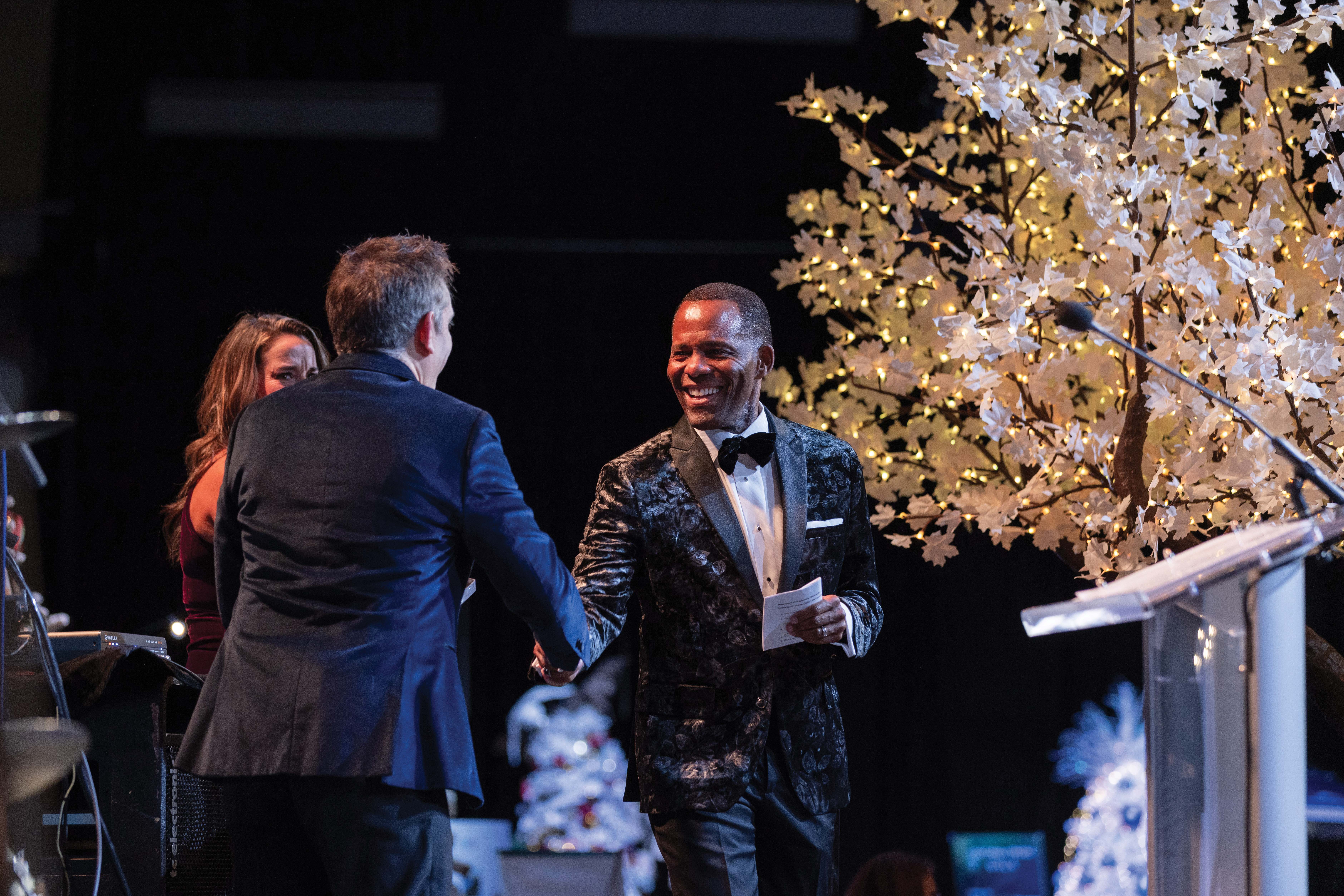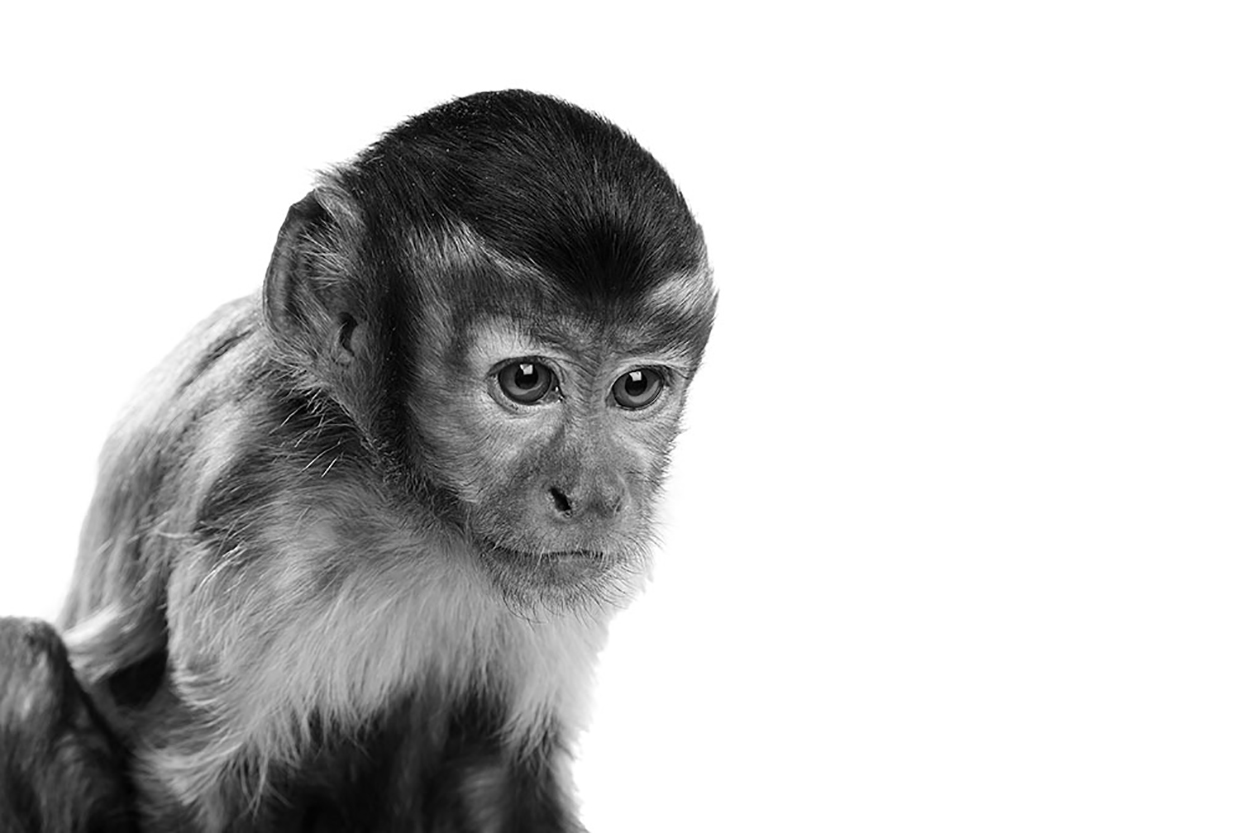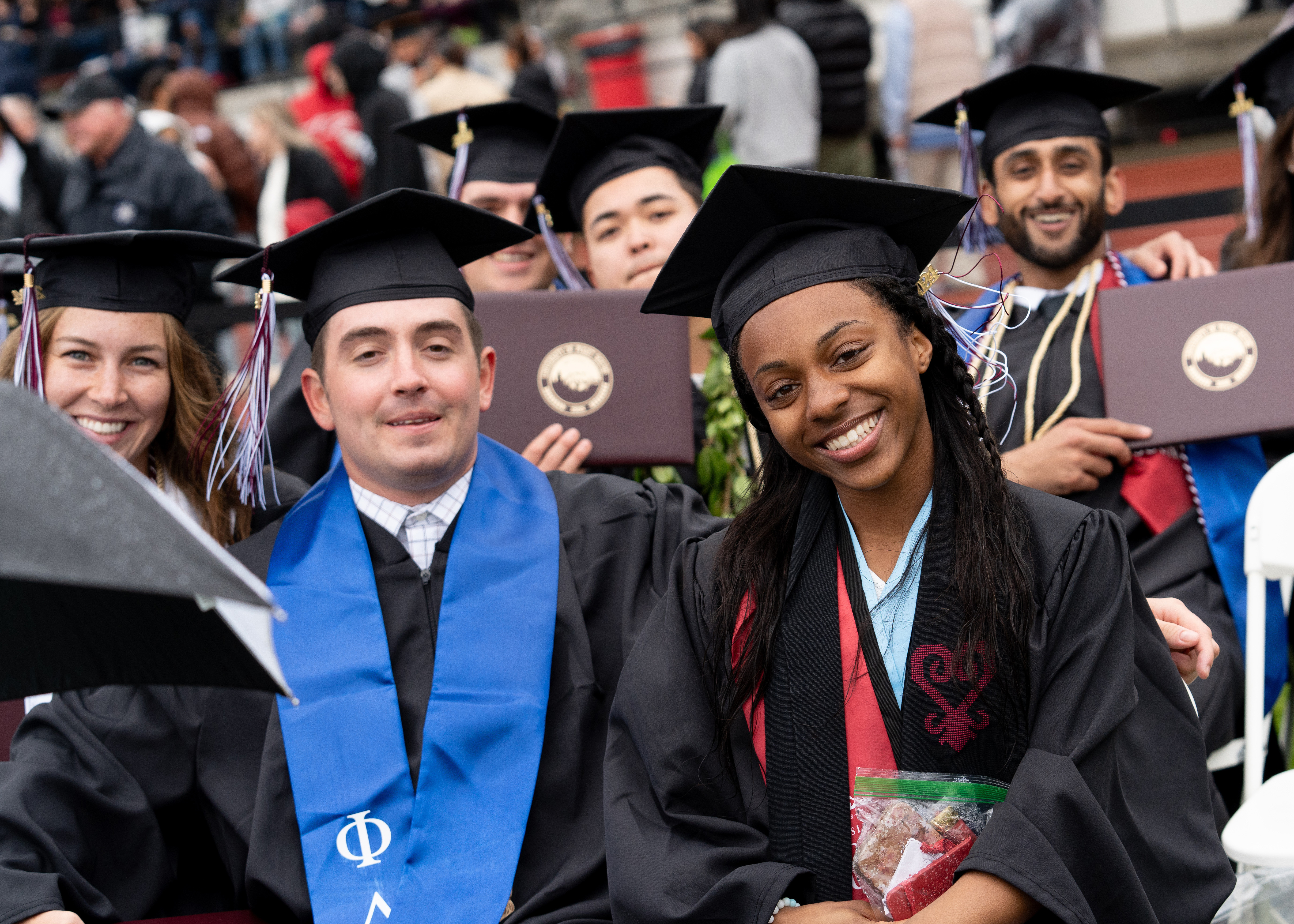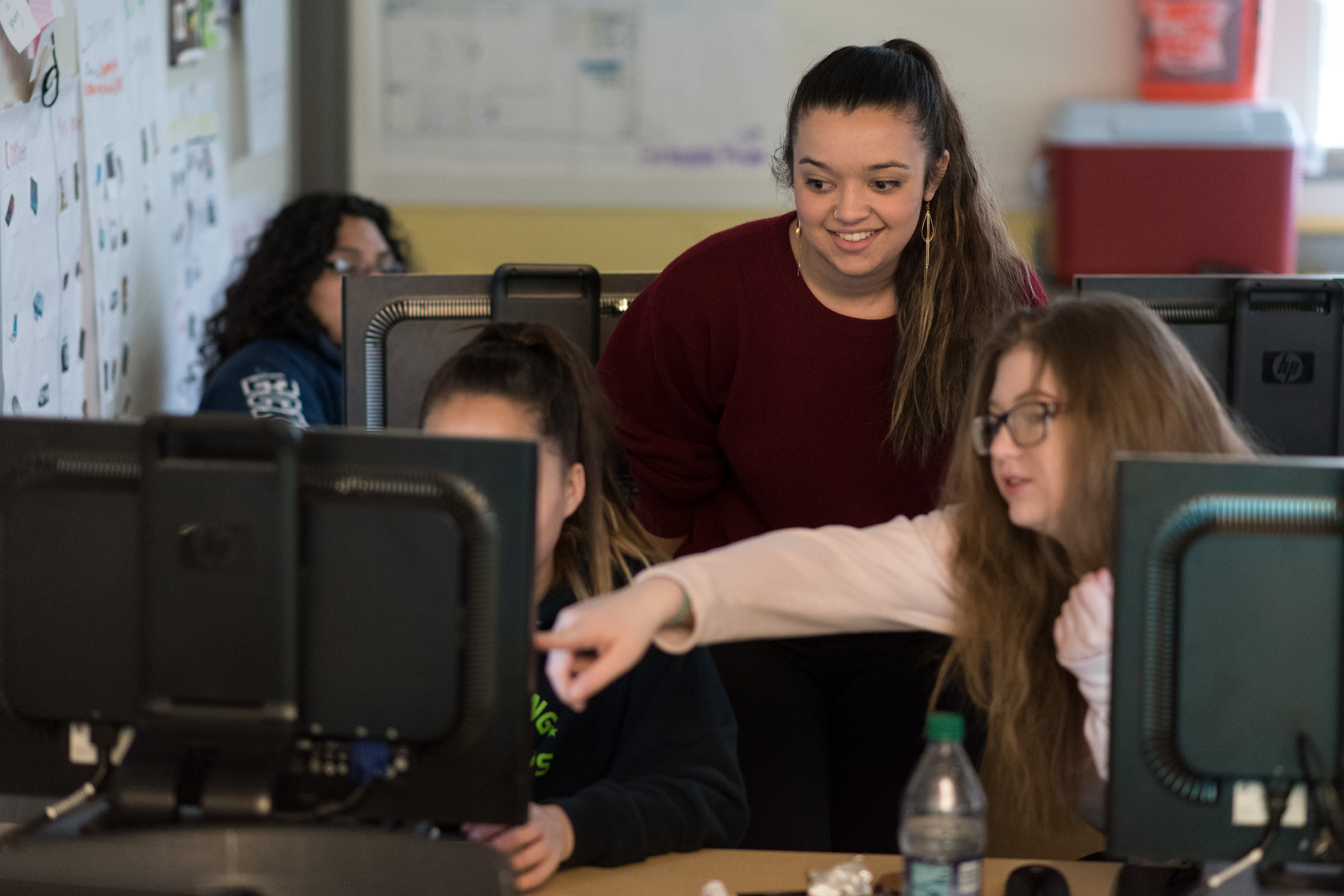Students study lazy genes, cow eyeballs, and social history with Captain America
Last spring, 80 students were selected to receive summer research grants to support 10 weeks of independent research in the sciences or humanities under the guidance of a faculty advisor. Projects covered a wide range of topics, such as wastewater opioid analysis, the influence of hip flexibility on running gait, LGBTQ and person of color representation in young adult fiction, environmental racism, and more, including:

|
Learning From DestructionSpirit Lake, a once pristine body of water decimated by the 1980 eruption of Mount St. Helens, was turned into a toxic pond after ash and debris rained down from the violent blast, and volcanic gases seeped up from the lakebed. But the lake is recovering, and Alex Barnes ’20 spent the summer gathering bacteria from the water to learn how. |

|
The Science of Being LazyNot all genes are equal. Most plants have a “lazy” gene, one that causes irregular growth due to gravity. Maya Sealander ’20 studied the lazy gene in tomatoes—and how it interacts with phytochromes—to learn how plants sense both light and gravity and explore how the lazy gene expresses itself. |

|
Team BeaverBy studying how the introduction of beavers changes remote farmland and wilderness streams previously uninhabited by the creatures, Hayley Rettig ’21, Amanda Foster ’20, and Erin Stewart ’20 contributed to ongoing research into how the rodents may help speed the recovery of trees after wildfires and fight the effects of climate change. |

|
Seeing ScienceJoe Ewers ’21 spent much of his summer surgically removing the lenses from cow eye specimens. His goal: to extract the protein aquaporin 0 and learn how it oxidizes and breaks down, adding to research about the link between the protein and degenerative neurological conditions, such as Parkinson’s disease. |

|
Hero HistoryCan a comic book offer insight into American society? Erin Budrow ’20 pored over stacks of Marvel comics to find out. Tracing the action and evolution of Captain America through the decades, she found links between the superhero and our social history. She discovered how the captain had reflected the values and mores of the nation. |
